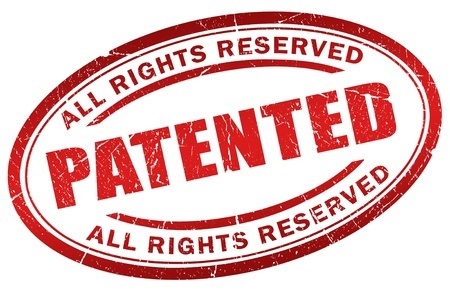| Welcome! This installment of our newsletter will focus on proposed legislation to change in our patent laws entitled the Protecting American Talent and Entrepreneurship (PATENT) Act (S. 1137). In addition to the PATENT Act. Congress is considering two other significant bills in 2015 with the goal of reforming patent litigation: the Innovation Act (H.R. 9) and the Targeting Rogue and Opaque Letters (TROL) Act (H.R. 2045), which will be addressed in our upcoming newsletters. SUMMARY. The primary goal of the PATENT Act is to curtail abusive practices in patent disputes that the bill's advocates say burden small businesses. The major amended provisions of the PATENT Act, discussed below, focus on pleading standards, attorney's fees, discovery requirements and demand letters.

Pleading Standards. The enhanced pleading requirements mandate that a patent infringement complaint contain details regarding: (i) the claims and patent that are being violated, (ii) the product, process or machine that is the subject of the infringement complaint, (iii) the name or model number of each item referred to in (ii), and (iv) details of the elements of each infringement complaint. These additional measures are more stringent than the standards previously set forth by the U.S. Supreme Court, wherein the Court held that patent claims should be subject to the same rules governing other types of federal civil litigation.
Fee Shifting Requirement. Under the PATENT Act, the prevailing party would be entitled to attorney's fees if the court determines that the losing party was "not objectively reasonable in law or fact" or the actions of such party were "not objectively reasonable." Unlike the fee-shifting provision in the current law, there is no default position that allows the prevailing party to collect attorney's fees unless the court concludes that the losing party's case was "reasonably justified in law and fact."
Discovery Rules. The legislation amends discovery proceedings by requiring a court to delay discovery until the parties' motions for dismissal, venue transfer, or severance of parties has been resolved. Nevertheless, courts retain the authority to mandate limited discovery to adjudicate these motions or a motion for a preliminary injunction, or for the express purposes of protecting evidence or preventing prejudice.
Demand Letters. The PATENT Act prevents a plaintiff from utilizing preliminary demand letters in an attempt to establish willful infringement cases if the letter fails to specify the following: the patent being infringed upon; the product, system or instrumentality; the grounds for the violation; which parties have standing to pursue a claim; and the grounds for compensation. To further control abusive demand letter practices, the bill sanctions the imposition of civil penalties against a party that participates in the "widespread sending" of demand letters.
|